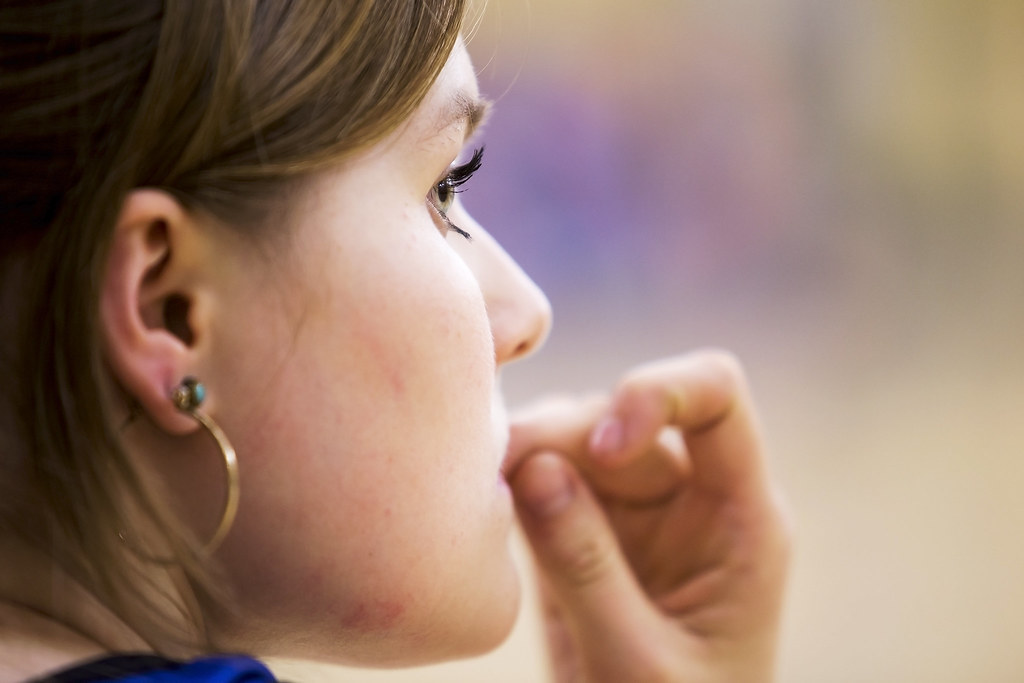
Do you bite your nails? Many people do as a result of boredom, anxiousness, and other causes. Beyond the surface of what might appear to be a harmless habit, it may have some unsavory impacts on your oral health. So, let’s delve into the world of nail-biting and uncover its profound effects on both your teeth and your overall oral health.
How Nail Biting Can Damage Your Mouth
Nail biting, scientifically known as onychophagia, heightens the risk of detrimental effects on your teeth and oral health. This habit increases the likelihood of cracks, chips, breaks, or erosion of both teeth and tooth enamel.
Additionally, biting your nails can result in sharp or jagged edges, potentially causing gum snagging and tearing. Furthermore, engaging in nail biting elevates the risk of developing bruxism, characterized by excessive tooth grinding or jaw clenching. Bruxism, in turn, can lead to various issues, including headaches, tooth sensitivity, and facial pain.
The transfer of dirt and germs from fingernails to the mouth during nail biting also raises the risk of gingivitis, a condition characterized by gum inflammation that can progress to tooth loss and other serious complications. Moreover, malocclusion, or tooth misalignment, may also manifest as a consequence of this habit.
How to Break the Habit
While traditional remedies, such as applying bitter-tasting products to nails, may prove effective for some, they often fall short for individuals with persistent, compulsive tendencies associated with onychophagia. To proactively prevent complications with teeth, gums, and surrounding structures, consider implementing the following tips:
- Keep your nails short – Instead of using your teeth, file down ragged edges to reduce biting temptation.
- Occupy your mouth and hands – You can do this by making a fist, squeezing a stress ball, or chewing sugar-free gum.
- Opt for a nice manicure – This can function as an incentive to deter nail-biting behavior.
- Conceal your nails – Keep them out of view by wearing gloves or mittens.
- Identify and address triggers – They could range from physical (like hangnails) or emotional (such as stress or anxiety).
- Gradually shift away from nail biting – Do this by focusing on one finger at a time, with the ultimate goal of complete cessation.
- Seek additional advice – Talk to your dentist about breaking the habit effectively.
Nail biting extends beyond a mere bad habit; it can significantly impact your overall dental health. Consider substituting this tendency with a healthier or more enjoyable alternative. Both your mouth and nails will express gratitude for the positive change!
About the Practice
Salt Run Family Dentistry is under the guidance of Drs. Mickey Leth, Bert Tavary and Nicole Dunn. They’re committed to delivering outstanding dental care to patients in St. Augustine and surrounding areas. Their extensive range of services encompasses preventive, restorative, and emergency treatments, all designed to provide families with a delightful oral healthcare experience. Utilizing cutting-edge dental technology, their commitment to fostering a fun, educational, and secure environment is evident. To delve into the connection between nail-biting and oral health or to inquire further, visit Salt Run Family Dentistry’s website or reach out to their office at (904) 824-3540.
